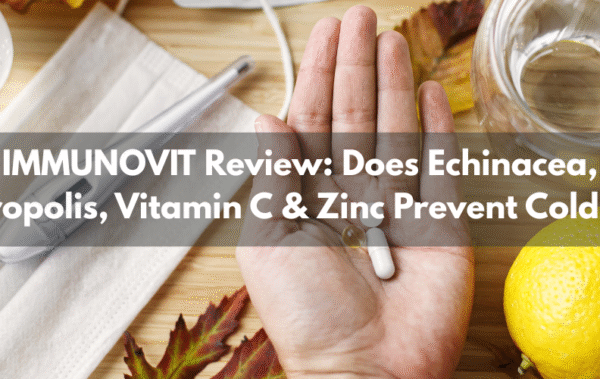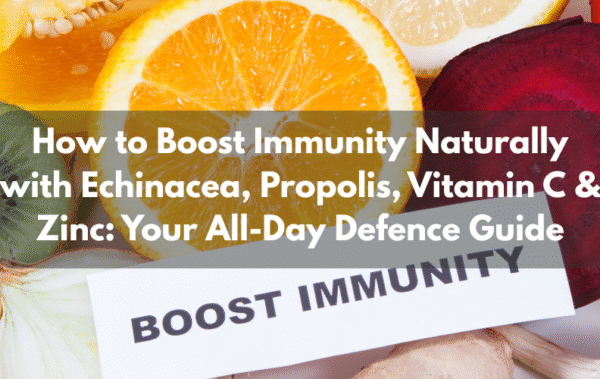No products in the cart.
Vitamin A and Carotenoids: Unlocking the Secrets to Better Health

Vitamin A and carotenoids are essential nutrients that play a pivotal role in maintaining overall health. From supporting vision to boosting immunity, these compounds are indispensable for a healthy lifestyle. In this blog, we’ll explore their benefits, sources, and how to incorporate them into your daily routine.
What Are Vitamin A and Carotenoids?
Vitamin A is a fat-soluble vitamin that exists in two primary forms: preformed Vitamin A and provitamin A carotenoids. These nutrients are vital for various bodily functions, including vision, immune support, and cellular communication.
Preformed Vitamin A
Preformed Vitamin A, also known as retinol, is found in animal-based foods like dairy products, eggs, and fish. It is readily absorbed by the body and plays a crucial role in maintaining healthy skin and vision.
Provitamin A Carotenoids
Carotenoids are plant pigments that the body converts into Vitamin A. Beta-carotene, alpha-carotene, and beta-cryptoxanthin are the most common types. These are found in colorful fruits and vegetables like carrots, sweet potatoes, and spinach.
Non-Provitamin A Carotenoids
Not all carotenoids convert to Vitamin A. Lycopene, lutein, and zeaxanthin are examples of non-provitamin A carotenoids that offer other health benefits, such as protecting against oxidative stress.
Health Benefits of Vitamin A and Carotenoids
The benefits of Vitamin A and carotenoids extend beyond just vision. They are integral to various physiological processes that keep the body functioning optimally.
Vision Support
Vitamin A is a key component of rhodopsin, a protein in the retina that helps you see in low light. A deficiency can lead to night blindness and other vision problems.
Immune System Boost
Vitamin A enhances the immune system by supporting the production of white blood cells. This helps the body fight off infections more effectively.
Skin and Cellular Health
Vitamin A promotes healthy skin by supporting cell growth and repair. It also aids in the maintenance of mucous membranes, which act as barriers against pathogens.
Sources of Vitamin A and Carotenoids
Incorporating a variety of foods into your diet can help you meet your Vitamin A requirements. Here are some excellent sources:
Animal-Based Sources
- Liver (beef or chicken)
- Fish like salmon and mackerel
- Dairy products such as milk and cheese
- Eggs
Plant-Based Sources
- Carrots, sweet potatoes, and pumpkins
- Leafy greens like spinach and kale
- Fruits such as mangoes, apricots, and cantaloupe
Fortified Foods
Many cereals and dairy products are fortified with Vitamin A, making them convenient options for meeting your daily needs.
Recommended Daily Intake
The amount of Vitamin A you need varies by age, gender, and life stage. Here’s a quick guide:
- Infants (0-12 months): 400-500 mcg RAE
- Children (1-8 years): 300-400 mcg RAE
- Teens (9-18 years): 600-900 mcg RAE
- Adults: 700-900 mcg RAE
- Pregnant Women: 770 mcg RAE
- Breastfeeding Women: 1,200-1,300 mcg RAE
Risks of Deficiency and Overconsumption
While Vitamin A is essential, balance is key. Both deficiency and overconsumption can have adverse effects.
Deficiency Risks
- Night blindness
- Increased susceptibility to infections
- Dry skin and eyes
Overconsumption Risks
- Nausea and dizziness
- Liver damage
- Birth defects in pregnant women
Incorporating Vitamin A and Carotenoids into Your Routine
Making Vitamin A and carotenoids a part of your daily life doesn’t have to be complicated. Here are some tips:
1. Eat a Balanced Diet
Include a mix of animal-based and plant-based foods to ensure you’re getting both preformed Vitamin A and carotenoids.
2. Consider Supplements
If you’re unable to meet your needs through diet alone, consult a healthcare provider about taking supplements.
3. Monitor Your Intake
Keep track of your Vitamin A consumption to avoid overdoing it, especially if you’re taking supplements.
FAQs About Vitamin A and Carotenoids
Can I get too much Vitamin A from food?
It’s rare to overdose on Vitamin A from food alone. However, supplements can lead to excessive intake.
Are carotenoids safe for everyone?
Yes, carotenoids are generally safe and offer additional health benefits beyond Vitamin A conversion.
How long does it take to see benefits?
Improvements in vision and immunity can be noticed within weeks of correcting a deficiency.
Start your wellness journey today — Visit Unike Nutra Now
Follow us
Facebook – https://www.facebook.com/profile.php?id=61567462823245
Instagram – https://www.instagram.com/unikenutra/
Twitter – https://x.com/Unikenutra
Buy Now:






